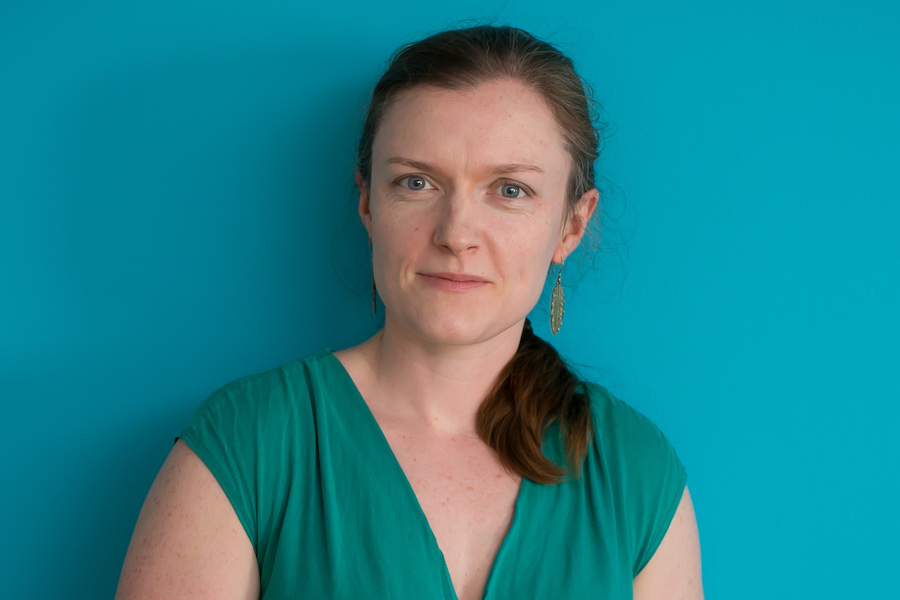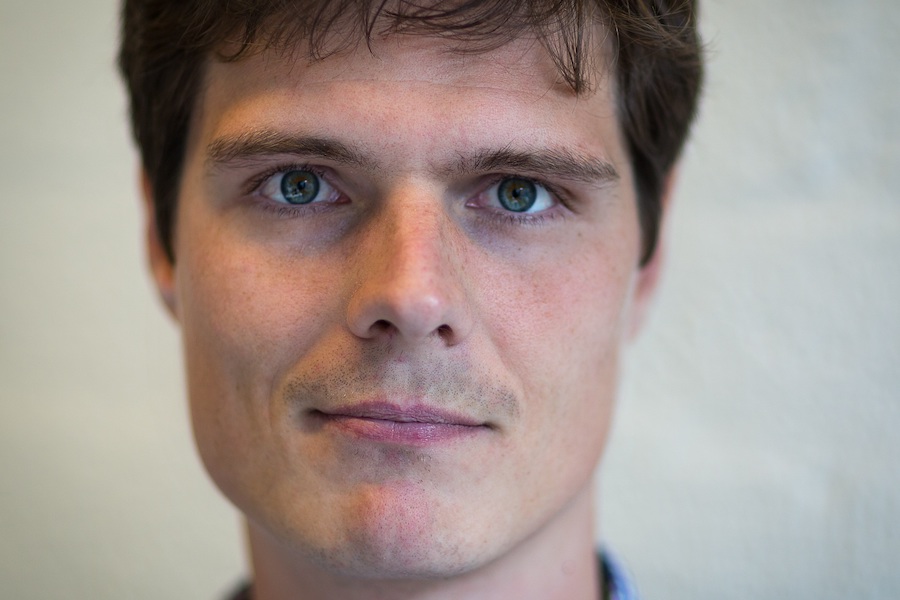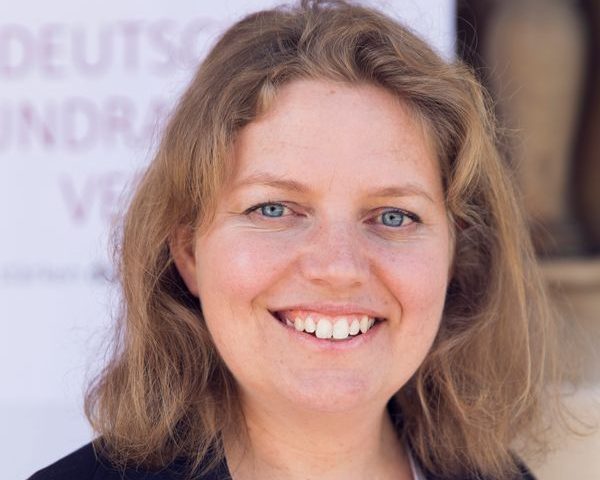
How to put the giving cycle into practice
December 5, 2018
How to capture donor trends – and why that’s important
February 6, 2019Philanthropy in Germany is on the rise, but non-profit organisations are increasingly reliant upon a shrinking pool of donors. Fundraising Europe interviews the recently appointed managing director of Deutscher Fundraising Verband (DFRV) and human rights activist, Larissa Probst, about the national fundraising environment and its challenges, exploring what can be done to grow the market.
Having recently joined the German fundraising association (DFRV), can you give us your take on the charitable giving market and the main opportunities for growth in Germany?
Philanthropy is hugely important here in Germany. The latest data (Bilanz des Helfens 2018 from Deutscher Spendenrat e.V. and GfK Germany) shows that the total amount donated in Germany will likely reach around 5.5 billion euros this year. Charitable donations hit record levels in 2015, but after a dip in 2016, it’s now back up and that’s a great development. Still, compared to other ‘wealthy’ countries, the amount donated per person and the extent of major donor philanthropy are both quite low, so the growth potential for giving as a whole is enormous.
At the same time, we can see a continued but disturbing trend: charitable donations are being made by a shrinking number of supporters. Less people are giving more money. The big challenge here in Germany is to stabilise and increase the number of donors, particularly by attracting the younger generations.
The good news is that civil society is growing with a strong volunteer element and that is certainly something to celebrate. Just recently, the Federal Minister of Family Affairs, Senior Citizens, Women and Youth announced that a public foundation will be set up to support activism by German NGOs in 2019: the Engagement Stiftung. Over 32 million euros is to be invested in the foundation and this is a good sign that politicians understand the need to support German civil society and are willing to put money behind that effort.
Given the rather low percentage of funds raised digitally and via social media in Germany, there is a huge possibility to raise more funds, combine activism and fundraising, and find new and younger donor groups.
You’ve mentioned your concern about a dip in donor numbers and the need to address that. What other challenges are there for fundraisers in Germany?
Digitalisation is as much a challenge for the sector as it is an opportunity. German NGOs, especially small ones, often lack personnel and financial resources to establish and execute digital strategies, although online fundraising is extremely relevant for a successful fundraising mix and will become even more important in the future.
Another major challenge is fundraising education. We need promotion and funding by the state to establish better training conditions for fundraisers all over Germany. While there are good training opportunities through the German Fundraising Academy and others, fundraising education and research is missing from most public universities and academic institutions.
What about the public? What are their perceptions of non-profits currently?
There are rising expectations among private donors, companies and foundations about what non-profits should be able to deliver: more financial transparency, lower overheads but more and faster services, greater donor involvement, stronger ethical standards and much more detailed reporting. In an increasingly interconnected world, organisations must redefine their intermediary role and be able to justify their fundraising activities.
Generally, charitable organisations are seen to be credible, but there are many warning signs of public discontent that are concerning and cannot be ignored. This includes a lack of trust in public institutions and political parties, questioning over post-war achievements such as the UN treaty and establishment of the European Union, the rise of the far right, and the assault on truth by social networks and fake news. This must be countered with a robust reinforcement of civil society, and this will need sufficient funding and resources.
Do you think the ‘warning signs’ you speak of are also being felt by your neighbouring states and other nations globally?
The economic situation in Germany is better than in many other European countries and the state is still providing significant social support as well as extensive educational and cultural services. The willingness to volunteer remains high, and the competition in fundraising is less noticeable and less drastic than in other countries. So, overall the situation for many civil society organisations and for fundraisers in particular seems to be a bit more comfortable than elsewhere. But the warning signs of de-solidarisation and disintegration are present just as in other countries, and the trends in society and among donors should not be ignored.
We can and should use the relatively good situation in Germany to make timely changes to strengthen fundraising and civil society more widely, to look outward and learn more from the experiences of other European countries.
What can DFRV do to support the fundraising community to respond to these issues?
At a policy level, we are increasing our engagement in German politics. We want to create better conditions for fundraisers and for that reason we are keen to be involved in the conceptual planning and the development of the forthcoming Engagement Stiftung.
Operationally, one of our major tasks is to provide networking and training in fundraising, offering a variety of educational and networking opportunities at regional and thematic meetings and working groups, at national seminars and symposia, and of course at our flagship annual fundraising congress. Since there is a strong demand for digital topics, at our 2019 congress there will be an extra symposium dedicated to digitalisation in fundraising (Fachtag Digitales). In addition, we continue to support the development of the German Fundraising Academy and other formal educational opportunities for fundraisers.
On a personal note, what are you most looking forward to working towards at DFRV?
I’m delighted to have the chance to work for a strong and growing network of fundraisers in Germany. It’s an exciting opportunity to strengthen civil society, working together with DFRV’s members and contributing at an important time; when inhumanity seems to be becoming socially acceptable again.
Having led the international youth foundation Schüler Helfen Leben before joining DFRV, I managed the organisation’s annual Social Day; a campaign that has since spread to Italy, Bosnia and Herzegovina, Belgium, and Denmark. I’ve also been a passionate volunteer for human rights for many years, working on the board of Amnesty International Germany, and this is a fantastic opportunity to build on that expertise and to support the profession as a whole.
Here at DFRV, my goal is to mobilise sufficient resources for the many forces of good in society. I also hope to strengthen the association itself by increasing its membership and its funding, by improving the quality of its membership services, and by enhancing its public profile and deepening its partnerships with other organisations and institutions.
About Larissa Probst
Recently appointed managing director of Deutscher Fundraising Verband (DFRV), Larissa Probst is a long-term social marketer, fundraiser and human rights activist. Previously, she served as managing director of the international youth foundation Schüler Helfen Leben and was on the board of Amnesty International Germany, with responsibility for communications and fundraising.
Picture credit: German Fundraising Association e. V.




